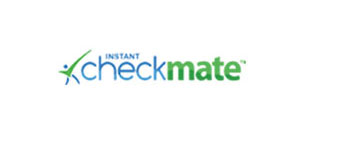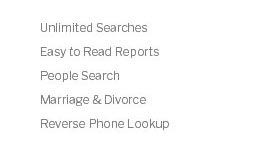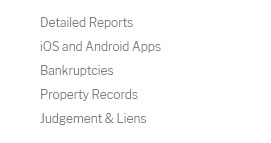 |
 |
|---|
|
|
|---|
 |
 |
 |
 |
|---|---|---|---|
 |
 |
 |
|
 |
|||
 |
 |
 |
|
 |
|||
 |
 |
 |
|
 |
|||

rhode island public records overview and practical guideWhat they areRhode Island public records encompass government-created information that the public can inspect, from property deeds and tax assessments to court dockets, business filings, meeting minutes, and police logs. Agencies aim for transparency while balancing privacy, so some materials may be redacted or require specific statutory access paths. How to accessYou can request records through state portals, municipal clerks, or the judiciary's systems. Define your scope-names, date ranges, parcels, case numbers-to reduce delays. Expect possible search fees or wait times; being precise and polite often speeds responses. For vital records, eligibility rules and identification typically apply. Tips and limitsTo improve results, use exact spellings, check alternate addresses, and note historical town boundaries. Understand limits: juvenile matters, health details, and Social Security numbers are protected. If denied, agencies must cite the law; you can appeal or refine your request for a narrower, faster release. Common uses
|
|---|